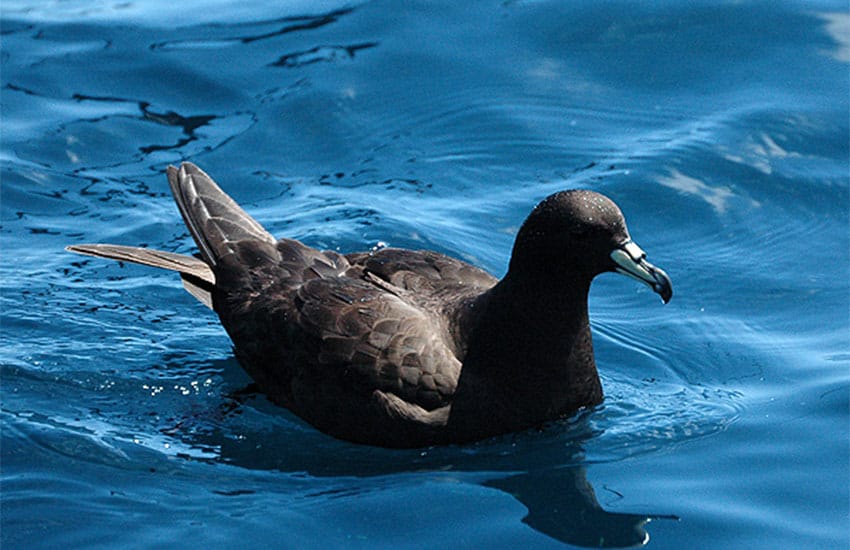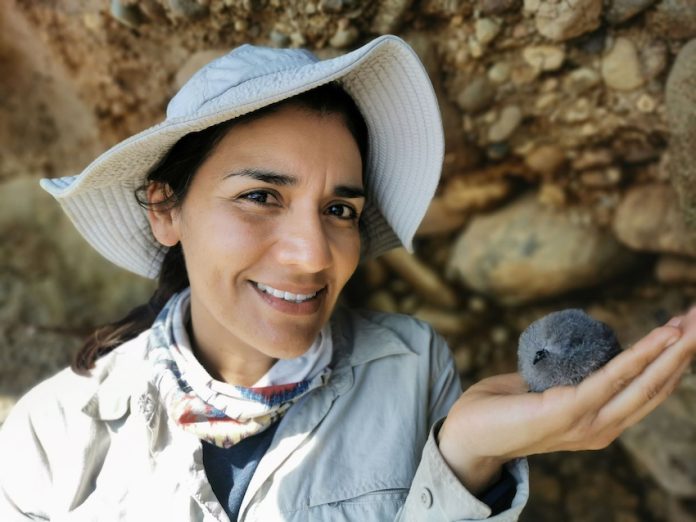Mexican biologist Yuliana Bedolla has won the prestigious “Green Oscar” award for her work protecting seabirds on Mexico’s Pacific islands.
The Whitley Fund for Nature (WFN) presented the award to Bedolla for her efforts to protect seabirds by ridding their home islands of invasive mammals, especially cats and rodents, which have destroyed 27 seabird colonies on Mexico’s Pacific islands.

She is the fourth Mexican to receive the prestigious award.
Bedolla received the award from the U.K’s Princess Anne, who wore a Mexican monarch butterfly scarf for the ceremony.
Bedolla wanted to be a marine biologist since she the age of 12. Her dream led her to graduate with honors from the Autonomous University of Baja California Sur with a Master’s Degree in Coastal Oceanography. She then earned her PhD from the Justus Liebig University in Germany.
She is now the director of the Island Ecology and Conservation Group, a nonprofit dedicated to preserving threatened species such as black petrels and the Mexican shearwater.

Mexico’s islands, especially those off Baja California, are important habitats for a third of the world’s seabirds. They are home to 23 species, most of which nest among the rocks or in burrows.
Natividad and San Benito Oeste islands, both of which have small human populations, are home to more than 1 million seabirds — over 90% of the Mexican shearwater is found on Natividad alone, while San Benito is the most important colony for the black petrel.
Thanks to decades of conservation, these two islands – along with six others – are now free of invasive species. There is a risk, however, of reintroduction due to people traveling there from the mainland. In 2006, the accidental introduction of a mouse on San Benito Oeste led to a seven-year infestation, ultimately costing US $654,000 to remove.

Bedolla will use the £40,000 (a little over US 50,000) prize to equip and train women from community and local fishing cooperatives to prevent and respond to invasive species. San Benito Oeste has a population of between 10 and 60 people, and Natividad a population of 302.
Under Bedolla’s guidance, community leaders will survey the islands annually for invasive species, prevent the reintroduction of rodents and provide environmental training for the population.
“After our interventions, 20 seabird colonies have returned to nest and several new colonies have been formed… Recording a new colony that we have never seen before or a pair of species that has historically nested there is a huge motivation,” Bedolla said in a WFN press release.
“I stay positive because I have seen over the years that with commitment and perseverance, it is not too late to take action. We can still make a difference.”
With reports from Excelsior
